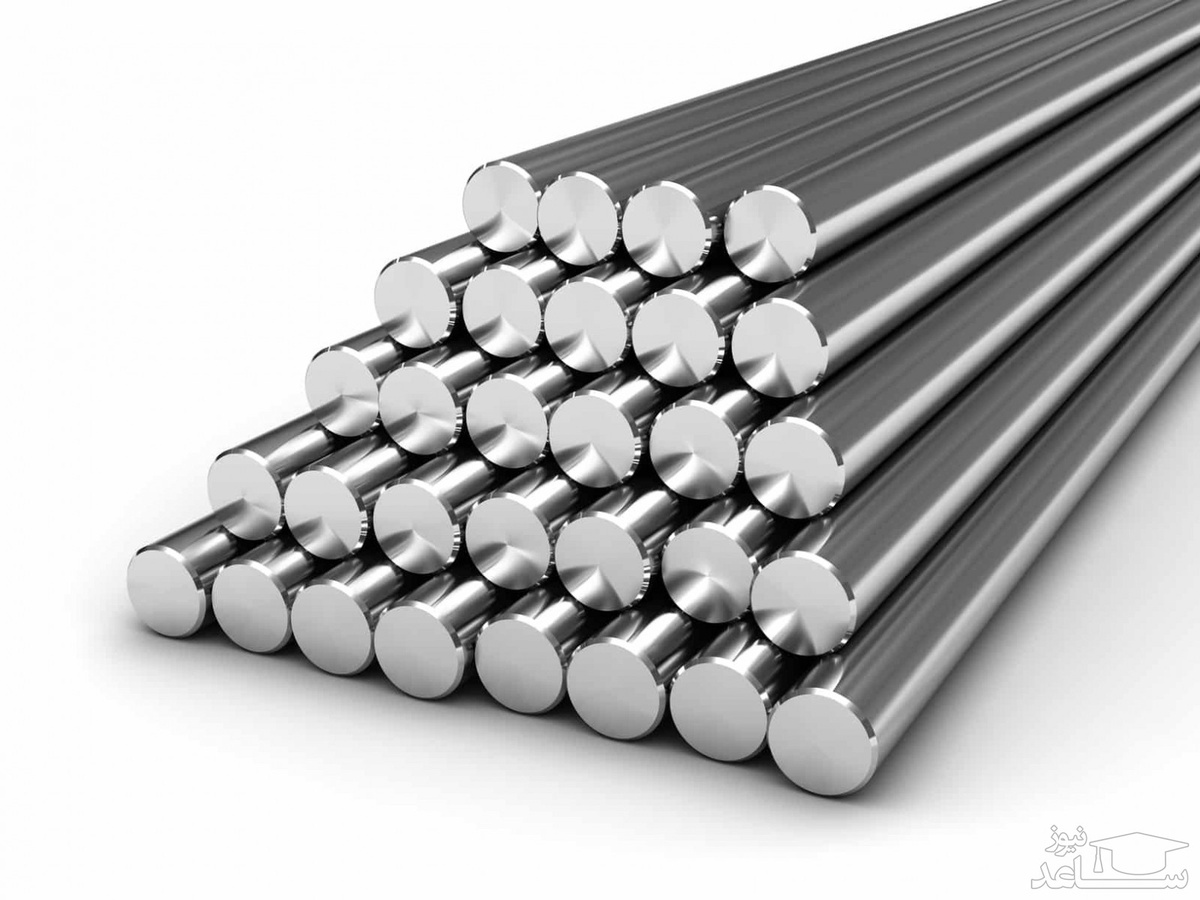Overview:
In recent years, the push towards green energy has gained significant momentum as the world seeks to mitigate climate change and reduce its reliance on fossil fuels. This transition requires innovative solutions across various industries, with stainless steel emerging as a crucial material facilitating this shift. Enhanced stainless steel alloys offer numerous advantages, making them indispensable in the development and deployment of renewable energy technologies in the industrial sector.
Stainless Steel's Role in Green Energy:
Stainless steel has long been valued for its durability, corrosion resistance, and versatility. These properties make it ideal for applications in the renewable energy sector, where components must withstand harsh environments and prolonged exposure to the elements. From wind turbines and solar panels to hydroelectric plants and biomass facilities, stainless steel plays a vital role in the infrastructure supporting green energy generation.
Enhancements in Stainless Steel Alloys:
Recent advancements in metallurgy have led to the development of enhanced stainless steel alloys tailored specifically for green energy applications. These alloys exhibit improved mechanical properties, enhanced corrosion resistance, and superior performance in challenging operating conditions. By optimizing the composition and microstructure of stainless steel, engineers can design components that offer increased reliability, longevity, and efficiency.
Applications in Renewable Energy Technologies:
- Wind Power: Wind turbines rely on sturdy, corrosion-resistant components to endure the rigors of offshore and onshore environments. Enhanced stainless steel alloys are utilized in the construction of turbine blades, tower structures, and internal components, ensuring reliable operation and minimal maintenance requirements.
- Solar Energy: In solar power generation, stainless steel is employed in various components such as mounting systems, frames, and support structures for photovoltaic panels. Enhanced alloys provide the necessary strength and durability to withstand exposure to sunlight, moisture, and temperature fluctuations over extended periods.
- Hydroelectricity: Stainless steel finds applications in the construction of hydroelectric dams, turbines, and penstocks. Enhanced alloys offer excellent resistance to corrosion from water and chemicals, ensuring the longevity and reliability of hydroelectric infrastructure, which forms a cornerstone of renewable energy production.
- Biomass and Bioenergy: Stainless steel equipment is integral to biomass processing facilities, including boilers, reactors, and exhaust systems. Enhanced alloys are resistant to corrosion and high temperatures, making them suitable for handling biomass feedstocks and byproducts in energy generation processes.
Benefits of Enhanced Stainless Steel:
- Durability: Enhanced stainless steel alloys exhibit superior durability and longevity, reducing the need for frequent maintenance and replacement of components in renewable energy infrastructure.
- Corrosion Resistance: The enhanced corrosion resistance of stainless steel ensures the integrity of critical components exposed to harsh environmental conditions, minimizing the risk of structural failure and downtime.
- Sustainability: Stainless steel is recyclable, contributing to the sustainability of renewable energy projects by minimizing waste and conserving resources over the lifecycle of infrastructure.
- Performance Optimization: By utilizing enhanced stainless steel alloys, engineers can optimize the performance and efficiency of renewable energy systems, maximizing energy output and reducing operational costs.
Conclusion:
Enhanced stainless steel alloys play a pivotal role in facilitating the transition to green energy in the industrial sector. By offering superior durability, corrosion resistance, and performance, these alloys enable the development and deployment of reliable and efficient renewable energy technologies. As the global demand for clean energy continues to grow, the importance of advanced materials like enhanced stainless steel in supporting this transition cannot be overstated.


No comments yet